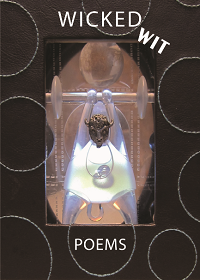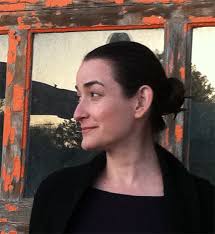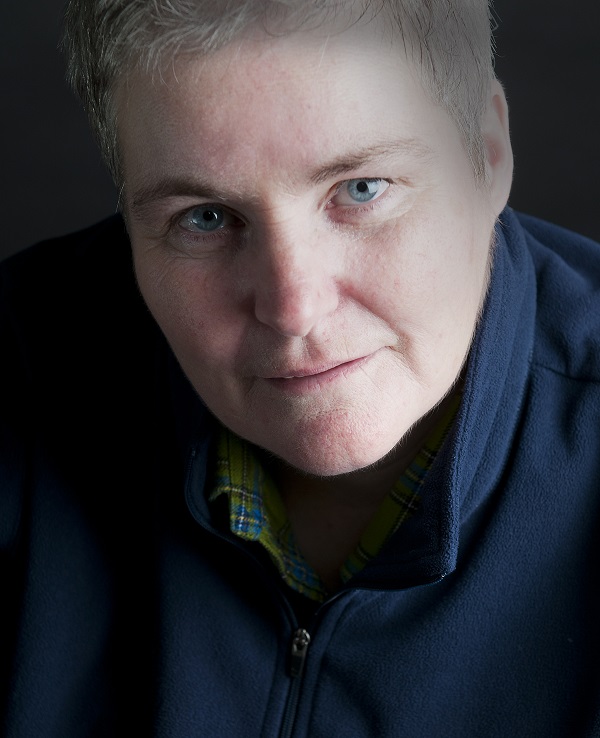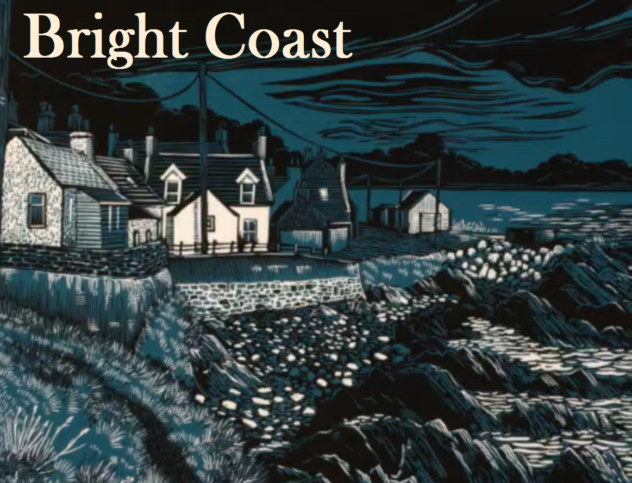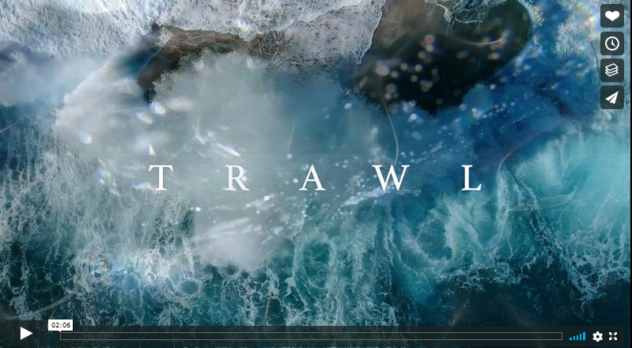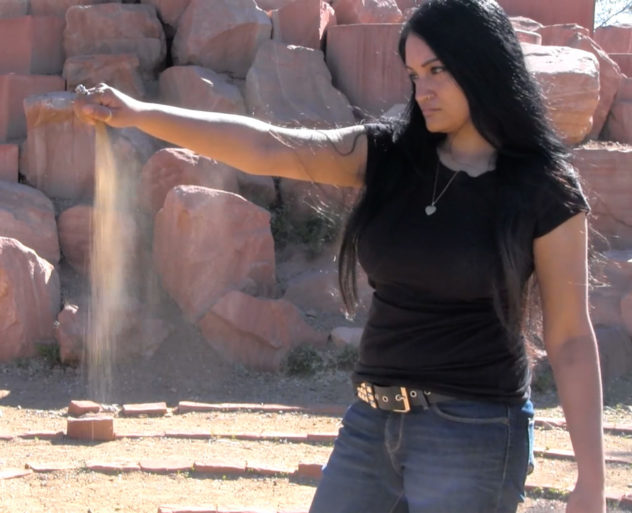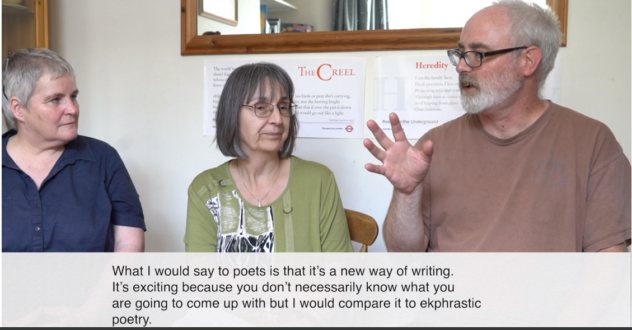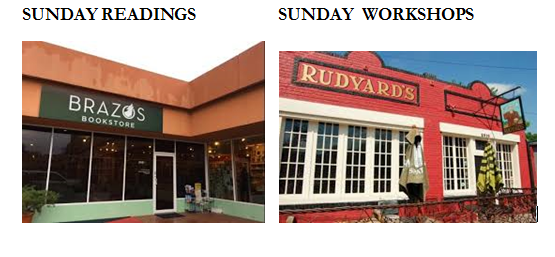We are pleased to welcome Kelly Ellis, who will be reading at our August 1st Library Reading Series event. She has agreed to share some of her work with us in advance of the event.
American Prairie: A Word from the Sullen Blonde
Jack Kerouac spent his last
seven bucks on beers
trying to pick up two girls
whose names he didn’t know:
a fat brunette and his favorite,
the sullen blonde
who didn’t want to walk back
over that vast and quiet
American prairie
alone.
At least Andrew Wyeth gave
his girl a name, not just space
on a page. Christina
owned that world
he said, so she did.
If you name it, you own it—
at least that’s how it went down
in Eden.
But you don’t own me
later sang the Shangrila’s
or some-such tough
girls in stretch pants
and sixties bouffants,
with names you forget
or never knew
unlike Nancy Sinatra
whose shiny white boots
never walked a mile
in this sullen blonde’s
shoes
traipsing
down-in-the-heel
over that flat expanse,
of field that no one owns,
quivering like a sheath of wheat,
never gathered, cast-off as chaff,
no oak for shade, no boulder to hide
behind, a mere mirage of fluid light,
or blurr on a boxcar swallowed by
the ruthless, indifferent,
merciless sky.
Deconstructing the Ars Poetica
But I beg to differ:
Every poem is confessional.
Criminals return to the scene of the crime.
Ghosts haunt the windows of murders and suicides.
Lady Macbeth scrubs and scrubs her little hands—
It’s all the same, truth be told.
Whether I poison or bludgeon my husband,
he’s still dead. I come back to make bloody sure.
He likewise returns, incredulous, to that same damned spot,
and we scour it again, again—lily hands and ashy, bended knees.
Let’s say you, Mr. Poet, eulogize the Hindenburg,
the soft rain that began before it lowered tethers,
turning it into a lightning rod, which caused it to explode–
because the air was so charged, you know—
and hydrogen is different from helium,
not just the way it makes us talk and giggle,
but also how it was rationed, how rational,
because of the shortage, the war, nationalism,
combustion, and so forth, well, it’s really just the story
of your divorce, in yet another form.
Transmogrifying:
A word you stole from John Crowe Ransom,
that constipated Modernist, who used it to describe a bee,
its sting, and the death of a chicken, which of course, wasn’t a bird
but something sexual, note the use of purple, imagery engorged,
and poets are applauded for subterfuge.But back to my point.
What I really want to say is this: Ever since we did what we did
in the dark of night on the Day of the Dead,
every poem I write is a shower,
each kiss, a succubus,
I suffer from psychosis,
and the air is riddled with saints.

